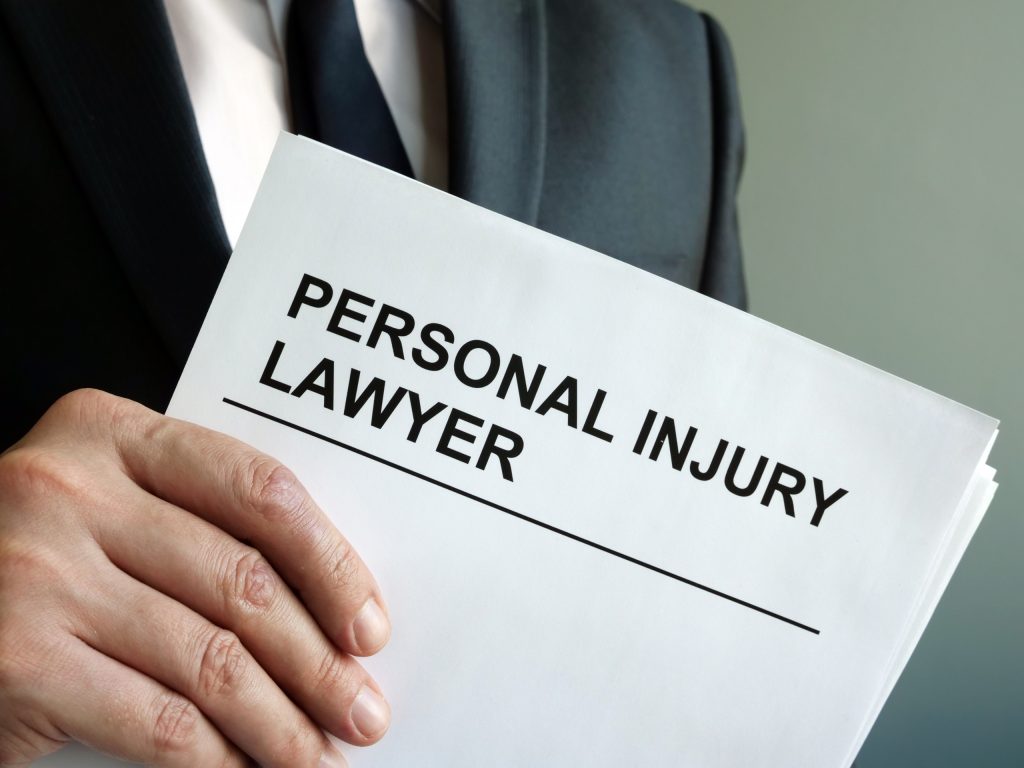Introduction
Getting injured in an accident is stressful enough, but dealing with the legal and financial aftermath can feel overwhelming. Medical bills, lost wages, and emotional stress can take a heavy toll. This is why choosing the right personal injury lawyer near you is one of the most important decisions you’ll ever make. A skilled attorney not only protects your rights but also helps you secure the compensation you deserve. In this guide, we’ll break down the key factors you should consider, red flags to watch out for, and practical steps to finding the best personal injury lawyer in your area.
1. Why Hiring the Right Personal Injury Lawyer Matters
Many people think they can handle injury claims on their own. However, insurance companies often try to minimize payouts. A good attorney ensures:
- Your case is properly evaluated.
- Evidence is collected and preserved.
- You don’t accept a lowball settlement.
- Your medical expenses, lost income, and pain & suffering are fully accounted for.
Having a reliable lawyer means you can focus on recovery while they handle the legal battle.
2. Start with Local Experience
When searching for an attorney, always look for local expertise. Laws vary by state, and local lawyers understand:
- State-specific personal injury laws.
- Local court procedures.
- Judges and opposing attorneys in your area.
Example: A lawyer in Los Angeles may not be as effective handling a case in Dallas because the laws, deadlines, and processes differ.
3. Check Their Specialization
Not every lawyer specializes in personal injury law. Some focus on family law, real estate, or corporate cases. Choosing a dedicated personal injury attorney increases your chances of success because they have:
- In-depth knowledge of accident cases.
- Negotiation experience with insurance companies.
- A track record in trials if settlement fails.
Look for attorneys who regularly handle cases like car accidents, slip-and-fall injuries, workplace accidents, or medical malpractice.
4. Evaluate Experience and Track Record
Experience often determines how well a lawyer can handle complex cases. Questions to ask:
- How many years have they been practicing personal injury law?
- Have they won cases similar to yours?
- What is their average settlement or trial success rate?
A proven track record shows the attorney knows how to fight for maximum compensation.
5. Read Client Reviews and Testimonials
Online reviews can give you insights into:
- How responsive the lawyer is.
- How they communicate with clients.
- Whether past clients felt supported and respected.
Websites like Google Reviews, Avvo, or Martindale-Hubbell can help you compare different lawyers in your area.
6. Schedule a Free Consultation
Most personal injury lawyers offer free consultations. Use this meeting to evaluate:
- Their communication style.
- Whether they explain things clearly.
- If they show genuine concern for your case.
This is also your chance to ask questions about fees, expected timelines, and possible outcomes.
7. Understand Their Fee Structure
Personal injury attorneys usually work on a contingency fee basis, meaning they only get paid if you win. Typically, this fee ranges between 25%–40% of your settlement. Be sure to ask about:
- Additional costs (filing fees, expert witnesses).
- How fees are calculated if the case goes to trial.
- Whether they provide a written agreement.
Transparency in billing is a good sign of a trustworthy lawyer.
8. Assess Communication and Availability
A great lawyer is not just experienced but also approachable. Signs of good communication include:
- Promptly returning calls or emails.
- Providing regular updates on your case.
- Explaining legal terms in simple language.
If a lawyer seems too busy or dismissive, they might not give your case the attention it deserves.
9. Look for Trial Experience
While most cases settle outside of court, some go to trial. A lawyer with trial experience is better equipped to handle insurance companies that refuse fair settlements. Insurance adjusters often take such attorneys more seriously, which can lead to stronger settlement offers.
10. Red Flags to Avoid
Not all lawyers are the right fit. Be cautious if you notice:
- Unrealistic promises (e.g., “I guarantee millions”).
- Poor communication or long delays.
- Lack of specialization in personal injury law.
- Pressure tactics to sign contracts quickly.
Trust your instincts—if something feels off, keep looking.
11. Narrowing Down Your Choices
After researching, create a shortlist of 2–3 lawyers. Compare them based on:
- Experience with your type of injury.
- Client reviews.
- Consultation impressions.
- Fee structures.
Then, select the one who makes you feel confident and supported.
12. Benefits of Hiring the Best Personal Injury Lawyer Near You
When you choose wisely, you gain:
- Peace of mind knowing your case is in capable hands.
- Better negotiation power with insurance companies.
- A higher chance of receiving full compensation.
- Faster case resolution.
Conclusion
Choosing the best personal injury lawyer near you is about more than just searching online—it’s about finding someone you can trust with your future. By focusing on specialization, local experience, communication, and proven results, you’ll ensure that your case is handled with the professionalism it deserves. Don’t rush the decision—take the time to consult, compare, and select the attorney who makes you feel secure and supported. Remember, the right lawyer can make all the difference between a low settlement and the fair compensation you deserve.


